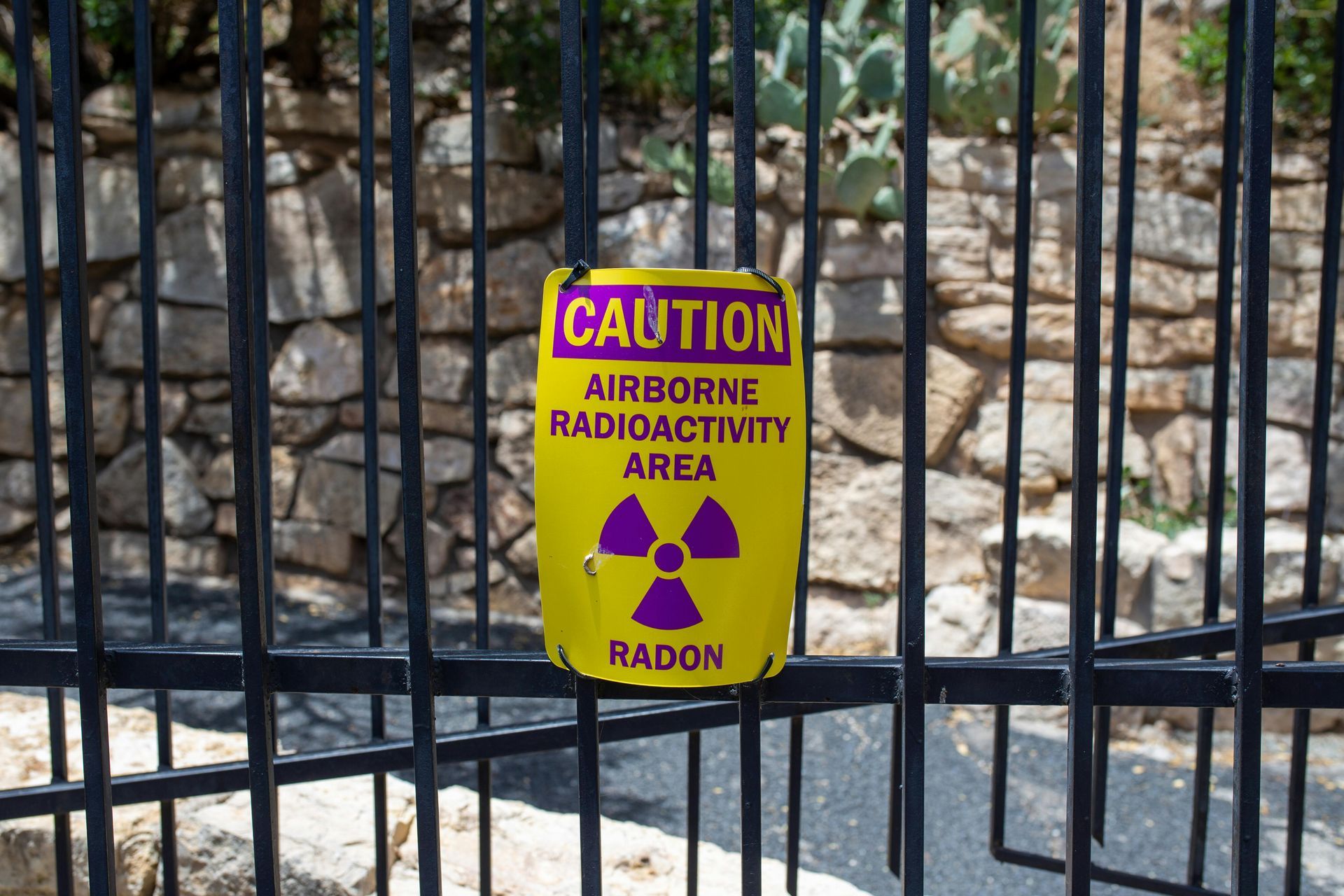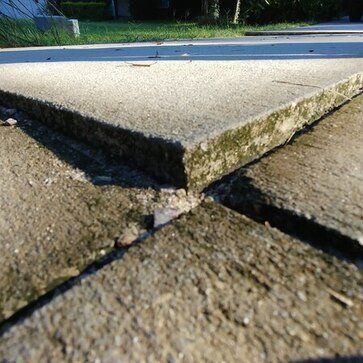Radon Testing: Protecting Your Health from a Silent Threat
How Radon Testing Helps Prevent Health Risks in Your Home
Radon is a colorless, odorless gas that seeps into homes silently, posing serious health risks to those who are exposed. Despite being invisible, radon gas can have devastating consequences on your health, which is why radon testing is essential for every homeowner. By taking proactive steps like performing a home radon test, or consulting a
professional for more accurate results, you can safeguard your home and family from the dangers of this radioactive gas.

What Is Radon? A Natural but Dangerous Gas
Radon is a naturally occurring radioactive gas produced by the decay of uranium in the soil, rocks, and water. It is present in low levels in outdoor air but can accumulate to dangerous concentrations indoors, especially in poorly ventilated spaces like basements. Radon gas in basement areas is particularly concerning because radon can enter through cracks in the foundation, posing a significant risk if undetected.
While radon is a naturally occurring gas, it becomes a serious issue when trapped inside enclosed spaces. Because it cannot be seen, smelled, or tasted, radon detection system technology is crucial for identifying its presence in your home.
Why Radon Levels Are a Growing Concern in Homes
Radon levels are becoming a growing concern because of the increasing awareness of its health risks. Testing for radon has become more important as more research highlights the dangers of prolonged exposure to radon gas. In fact, elevated levels of radon have been found in homes across the country, making it critical for homeowners to take the necessary steps to test for radon.
How Radon Exposure Impacts Your Health
Radon and Its Connection to Lung Cancer
The primary health risk associated with radon exposure is lung cancer. Radon is the second leading cause of lung cancer, following cigarette smoking. According to the Environmental Protection Agency (EPA), radon exposure causes about 21,000 lung cancer deaths each year in the United States alone. The invisible and odorless nature of radon makes it a silent threat, and the best way to protect yourself is by conducting a radon gas test in your home.
How Long-Term Exposure to Radon Affects Your Health
Long-term exposure to radon can lead to serious health problems, including chronic respiratory conditions. Even if you do not smoke, radon can still increase your risk of developing lung cancer. Radon gas symptoms may not be immediately noticeable, which is why testing is essential. These symptoms include persistent coughing, shortness of breath, and chest pain, which can occur after years of exposure.
The Hidden Dangers of Radon Exposure for Non-Smokers
Many people assume that radon primarily affects smokers, but non-smokers are also at high risk. In fact, radon exposure is the leading cause of lung cancer in non-smokers. It is important to note that the longer you are exposed to high levels of radon, the greater the health risk. This underscores the importance of regular radon testing in all homes, regardless of smoking habits.
The Importance of Radon Testing: Keeping Your Home Safe
How to Know If Your Home Is at Risk
So how do you know if your home is at risk for radon? Radon can enter homes through cracks in the foundation, gaps around pipes, or even through the water supply. Conducting a home radon test is the first step in determining if your home has elevated radon levels. Homes with basements or those located in regions with high radon concentrations are particularly vulnerable.
Frequency of Radon Testing for Optimal Health Safety
To ensure your home remains safe from radon, it's recommended that you test your home every two years, or more frequently if you have had recent renovations or foundation work. Testing should also be done when buying or selling a home. While some homeowners prefer DIY kits, radon testers near me can provide professional assistance for more accurate results.
How Does Radon Testing Work?
Types of Radon Tests: Short-Term vs. Long-Term Testing
Radon testing can be categorized into short-term and long-term tests. Short-term radon tests are convenient and provide results within a few days to a week. These tests are a good option for initial screenings, but they may not reflect the average radon level over time. Long-term radon tests, on the other hand, are conducted over three months or longer, offering a more accurate picture of year-round exposure.
What to Expect During a Professional Radon Test
When hiring radon testing companies near me, you can expect a thorough examination of your home's radon levels. The process typically involves placing a radon detector in the lowest level of your home, such as the basement, and monitoring for a specified period. Once the test is complete, the company will provide you with the results, helping you decide whether further action is needed.
Who Should Get Radon Testing Done?
High-Risk Areas for Radon Exposure: Do You Live in One?
Certain regions are more prone to high radon levels due to their underlying geology. If you live in a region with radon-prone soils, it's essential to test your home regularly. Homes with basements or built on concrete slabs are especially at risk. The EPA provides a map that shows areas where radon is more prevalent, and if you're unsure, it’s wise to consult radon testers near me for advice.
Why Homebuyers and Sellers Should Prioritize Radon Testing
Radon testing is crucial during real estate transactions. Buyers need to ensure that the property they're purchasing is safe from elevated radon levels. Sellers, on the other hand, can benefit by demonstrating that their home is radon-free, potentially increasing its market value. Testing for radon before listing your home is a smart move that can give buyers peace of mind.
What to Do if Radon Levels Are High: Steps to Reduce Radon in Your Home
Immediate Actions to Take When Radon Levels Are Elevated
If your radon gas test reveals high radon levels, immediate action is necessary to protect your health. Increasing ventilation in your home and sealing cracks in floors and walls can help reduce radon levels. However, these are temporary solutions. Installing a radon detection system is the most effective long-term solution to keeping radon levels in check.
Radon Mitigation Systems: How They Work to Lower Radon Levels
Radon mitigation systems are designed to reduce radon levels by venting the gas out of your home. These systems use a vent pipe and fan to draw radon from beneath your home and safely release it outside. Professional installation is recommended for these systems to ensure they are effective. Although the radon testing cost for installing mitigation systems may seem high initially, the investment is worth the long-term health benefits.
Long-Term Benefits of Radon Mitigation: Health and Peace of Mind
Health Benefits of Reducing Radon Exposure
By reducing radon levels in your home, you significantly lower your risk of lung cancer and other respiratory issues. For those living in high-radon areas, installing a mitigation system can provide lasting health benefits, especially for children and older adults who are more vulnerable to radon exposure. Regular radon water test can also ensure your water supply is free of radon, further protecting your health.
Increasing the Value and Safety of Your Home with Radon Mitigation
In addition to health benefits, radon mitigation can increase the value of your home. Buyers are more likely to invest in properties with installed mitigation systems, as they offer safety and peace of mind. By addressing the radon issue, you make your home more attractive to potential buyers and demonstrate that you have taken the necessary steps to protect their health.
Conclusion
Radon may be invisible, but its threat to your health is very real. Conducting regular radon testing and installing a radon detection system are crucial steps in protecting your home and family. Whether you opt for a home radon test or consult radon testing companies near me, taking action today can help prevent serious health issues in the future. Keep your home safe and your loved ones healthy by staying proactive against this silent threat.



